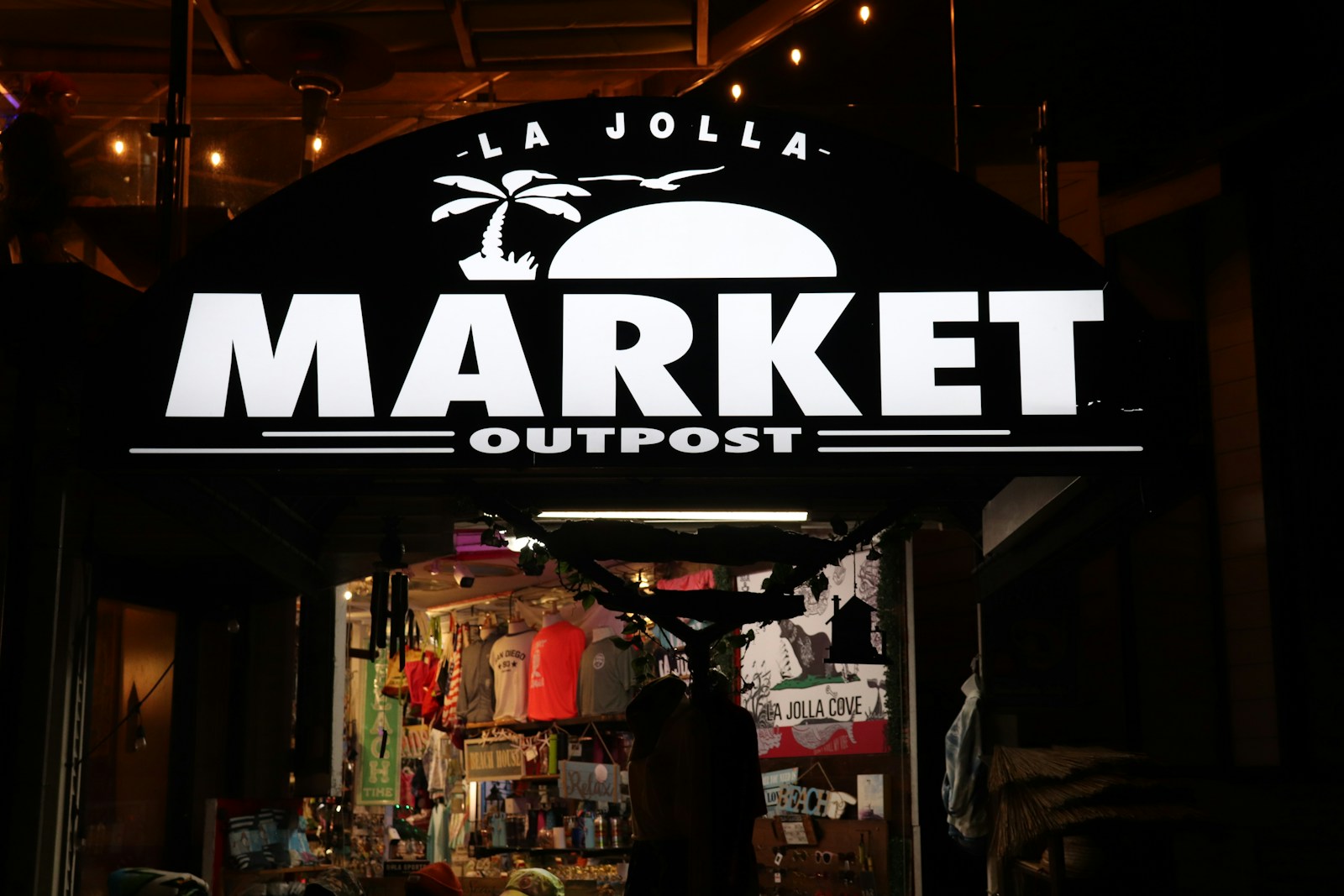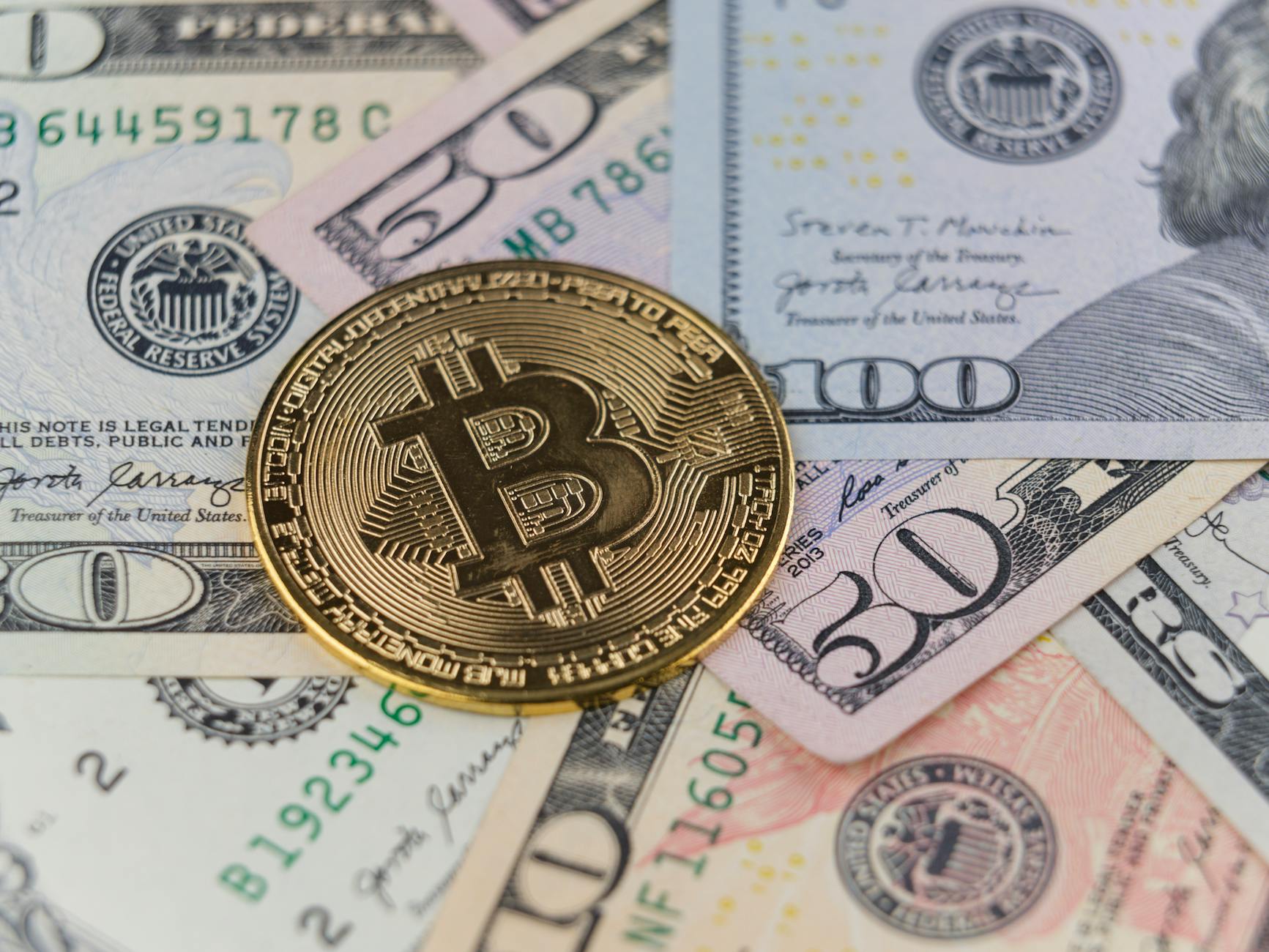Why Sell a Winner? The Financial Logic Behind Mark Cuban's Mavericks Sale

In the world of professional sports, Mark Cuban was more than just an owner; he was an icon. For over two decades, his passionate, courtside presence and his willingness to challenge the NBA establishment made him synonymous with the Dallas Mavericks. He was seen as the ultimate fan, a billionaire who had bought his favorite toy and was living out every sports lover's dream.
That is why his decision in late 2023 to sell a majority stake in the team to the Adelson family, best known for their casino empire, was such a profound shock to the sports world. Why would one of the most famous and engaged owners in sports sell control of a thriving franchise, one that features a generational superstar in Luka Dončić?
The answer is a masterclass in financial foresight and a clear-eyed calculation about the shifting landscape of the sports business. Cuban's sale was not an act of a bored billionaire; it was a strategic move to capitalize on peak valuation and to partner with a family whose expertise he believes is essential for the next phase of the team's growth.
Selling at the Top
The first and most obvious reason for the sale is financial. The value of NBA franchises has skyrocketed over the past decade, driven by massive domestic and international media rights deals. The Dallas Mavericks, a team Cuban bought for $285 million in 2000, were valued at a staggering $4.5 billion in this sale.
Cuban likely recognized that this explosive growth is unlikely to continue at the same pace forever. He chose to cash in his chips at what he perceived to be the top of the market, a classic investment strategy of selling into strength. He retained a significant minority stake and, crucially, control of basketball operations, giving him the best of both worlds: he liquidates a massive amount of his wealth while still getting to run the team he loves.
The Real Estate and Casino Play
The second, and more forward-looking, reason for the sale is the identity of the buyers. The Adelson family are not just wealthy; they are one of the world's leading experts in developing and operating massive, integrated casino resorts. And Mark Cuban has a vision for the future of the Dallas Mavericks that extends far beyond the basketball court.
Cuban has been a vocal proponent of legalizing casino gambling in Texas. His long-term vision is to build a new, state-of-the-art arena for the Mavericks that would be the centerpiece of a massive casino and resort complex in Dallas. This is a project that would cost billions of dollars and require a level of expertise in development, hospitality, and navigating complex gaming regulations that Cuban himself does not possess.
The Adelson family, on the other hand, possesses exactly that expertise. By selling a majority stake to them, Cuban was not just cashing out; he was bringing on a strategic partner with the capital and the specific skill set needed to turn his ambitious real estate vision into a reality.
The sale of the Mavericks is a glimpse into the future of sports ownership. It is no longer enough to just run a basketball team. The new frontier is to use the team as an anchor for massive, mixed-use real estate and entertainment developments. Mark Cuban did not sell his team because he was tired of basketball; he sold it because he realized that to win the next game—the game of real estate and casino development—he needed a new set of teammates.



